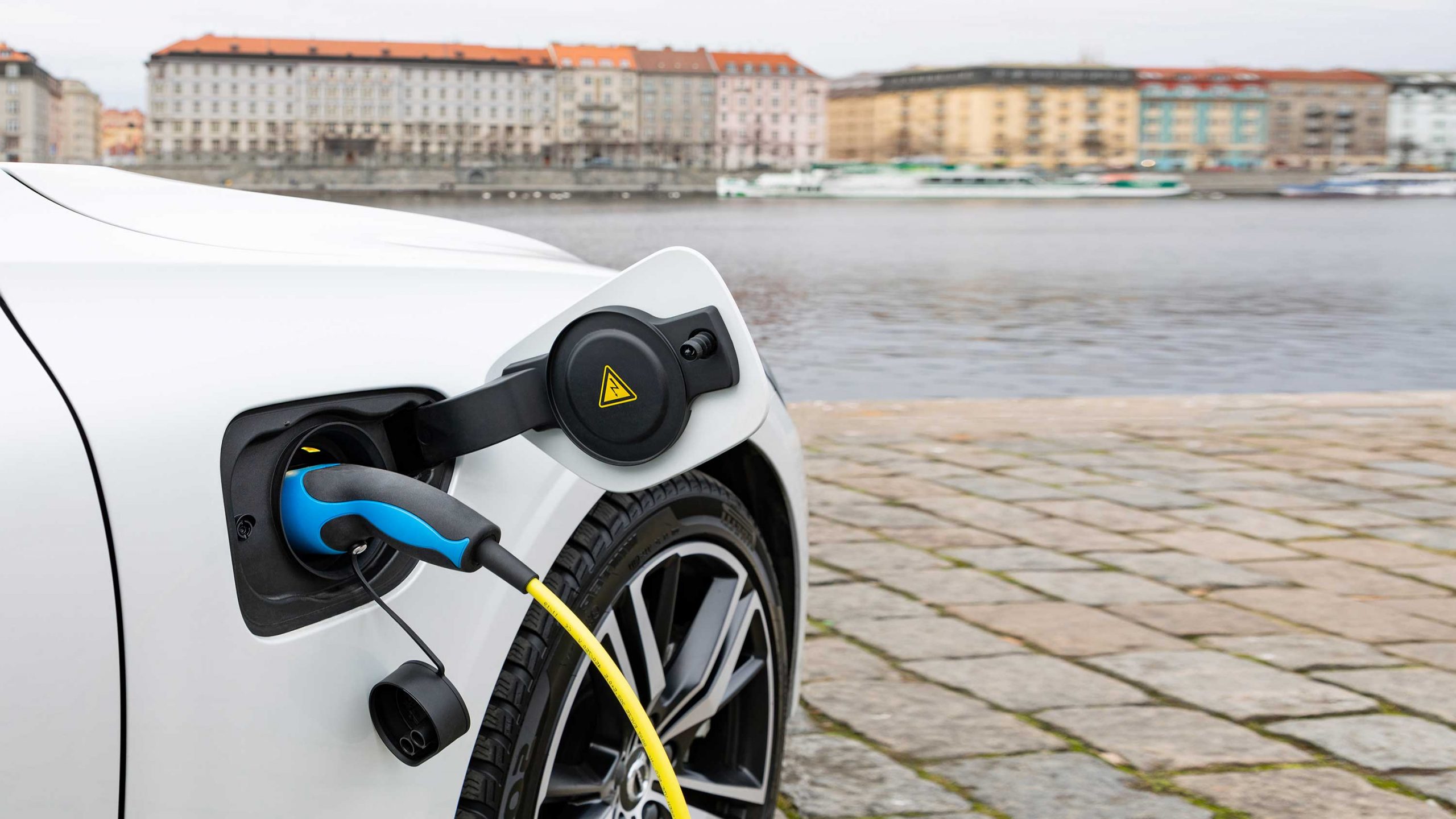Study commissioned by the Federal Ministry for Economic Affairs and Energy: Automobile Value Creation 2030/2050
The automotive industry is facing two drastic changes: Firstly, conventional vehicle drives are gradually being replaced by electric vehicles. Secondly, people will move around in a completely different way in the future: Automated driving functions, networked mobility and new intermodal mobility services are driving this development. The sectoral structural change will significantly change Germany as an industrial location.
In cooperation with the Forschungsgesellschaft Kraftfahrwesen Aachen (fka), the Institut für Kraftfahrzeuge der RWTH Aachen Universität (ika) and Roland Berger, the IPE has prepared the study "Automobile Value Creation 2030/2050" on behalf of the Federal Ministry for Economic Affairs and Energy. It examines the current challenges and the consequences of structural change in the automotive industry.
Recommendations for economic policy action are derived from the analysis in order to maintain the importance of the automotive industry for Germany as a centre of innovation and industry in the future. This is the only way to secure value creation and competitive jobs in the long term.
Furthermore, important spillovers to other sectors, especially the energy and electricity sectors, were considered, as these are also facing crucial changes. Thus, the connections between "transport turnaround" and "energy turnaround" were examined, e.g. energy storage and electricity grid stabilisation.
Methodological approach
The basis of the study is a quantitative forecast of the economic consequences for the German automotive industry driven by electromobility (in the form of BEVs, PHEVs and FCEVs), digitalisation and new mobility concepts. In order to adequately take into account the uncertainty of future developments, we look at the passenger car sector along four scenarios. In their basic assumptions, these assume different technological and regulatory developments in each case and thus also different rates of market penetration of electromobility and automated driving functions in the time periods examined up to 2030, 2040 and beyond.
Until 2030, the employment development is forecast with the help of the IPE job model of the automotive industry. The cost forecast of ten reference vehicles serves as the decisive data basis. This is in turn subdivided into the main vehicle groups powertrain, electrics and electronics, body structure and exterior, interior and chassis. The forecasts after 2030, on the other hand, result from a scenario-specific trend analysis.
The most important facts in a nutshell:
-
The number of jobs in the German automotive industry will initially decline in the course of the switch to electric mobility. In the longer term, the advance of shared mobility and driverless mobility services will lead to a further significant decline in jobs.
-
In the automotive industry as well as in the automotive trade and aftermarket, up to 300,000 jobs each are at risk by 2040. This corresponds to about one third and half of the workforce in 2017, respectively.
-
If forward-looking measures are taken, the consequences can be mitigated by the shift towards electromobility. The switch to electromobility alone will then only weaken Germany as an automotive and innovation location to a small extent. The reason is that the development of electromobility can be predicted well due to stringent emissions regulation.
-
The timing of the structural change is relatively favourable and coincides with the demographically induced decline in the labour force in Germany. A large part of the job losses will therefore be absorbed by the decline in skilled workers. The development of charging infrastructure for electromobility will also create a significant number of jobs.
-
In contrast to electromobility, the effects of new shared mobility offers are highly uncertain. This concerns both the timing and the speed of the transformation process in the mobility sector as a whole and in the automotive industry in particular
-
The automotive industry in Germany can continue to play an important role as an innovation driver and job guarantor in the future. Through targeted, coordinated measures, policy-makers, in cooperation with companies and social partners, can create the conditions for this.
-
By creating favourable framework conditions that drive the testing and market introduction of automated driving functions in Germany, German companies can become lead providers and thus keep value creation in the country.
-
The risks of structural change can also be significantly reduced in regions that are particularly dependent on the automotive industry through forward-looking measures. This requires a systematic re-qualification of employees, forward-looking regional policy support instruments and support for SMEs.

